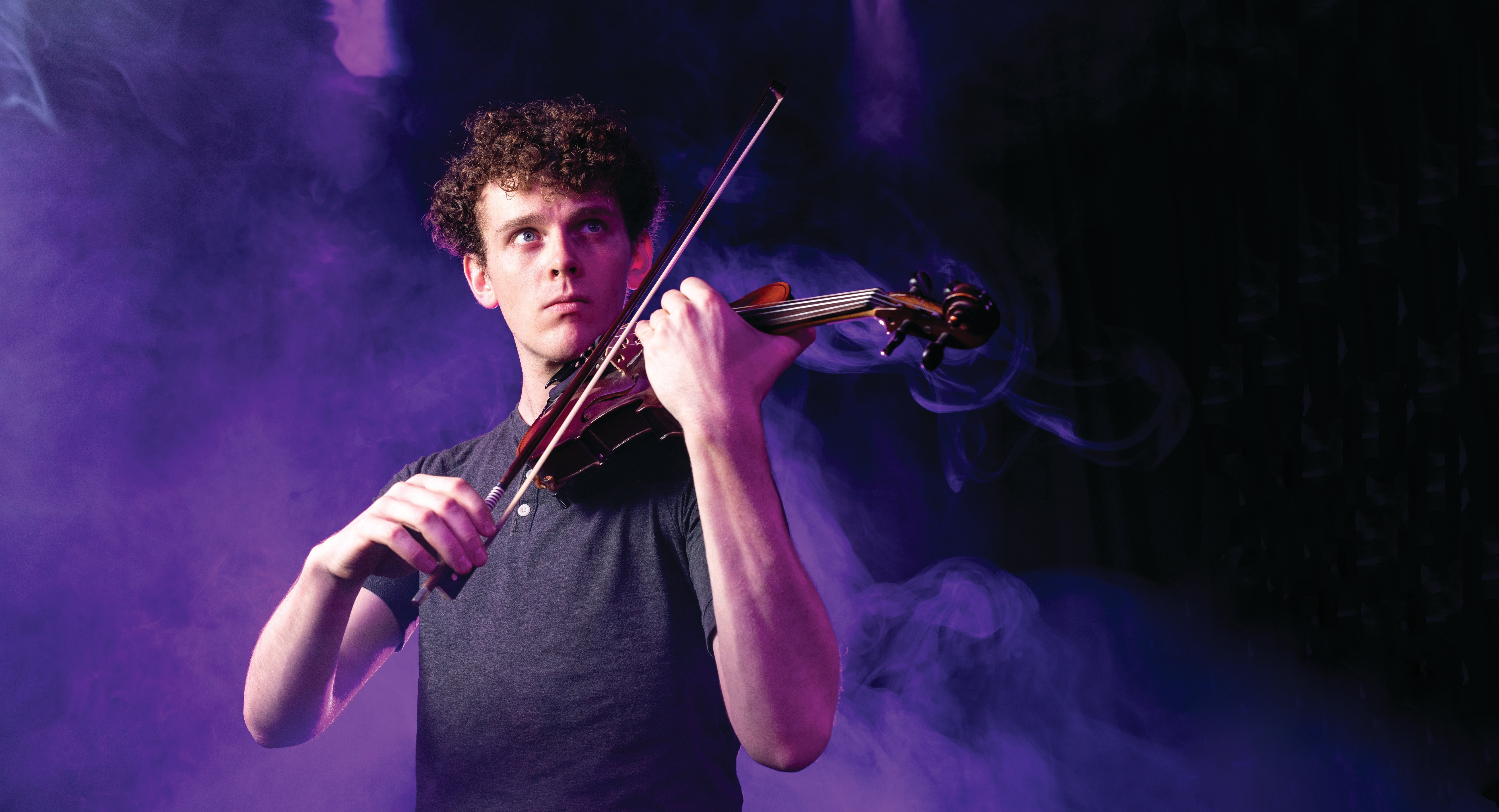
10 suggestions to get you ready for your graded music exam

BY: Jean McCreery
11 December 2017
Even if you’re feeling nervous about your graded music exam, there are steps you can take to be more prepared and relaxed on the day. Here are our top ten tips for how to get the most out of your next practical music exam.
1. Practice the tricky bits
When practising, it’s tempting to play your favourite pieces or sections and gloss over your weak spots. You know that this won’t do you any favours but it’s so much more fun to play the bits you’re good at!
The best thing you can do is tackle any parts of the exam where you are less confident and turn the challenging sections into your strongest cards. Paying a little extra attention to detail will pay off on the day, and it could make all the difference to your final mark.
2. Have a dress rehearsal
Having a full run through of the exam will help you to feel more prepared, making you all the more confident on the day. Linking back to point number one, it will also help to reveal where you need to focus your attention for any last minute refinements.
3. Know when to stop
Although it’s important to be well prepared, over-practising the day before can send your brain into overdrive. Once you’ve had your dress rehearsal, put your instrument away and do something to relax.
Stress and anxiety will do nothing to improve your performance, so watch your favourite film, chat with friends or have a nice long bath.
4. Get a good night’s sleep
Having a good night’s sleep is the best preparation for any performance or test.
Before you tuck yourself in, get everything you need ready to go - your music, your instrument (and any accessories), whatever you’ll be wearing, a water bottle etc. Create a pre-exam checklist so that you won’t forget anything in the morning. This also helps to clear your mind, which will help you to fall asleep.
Then switch your phone to ‘do not disturb’ mode and get an early night. You’ll wake up feeling refreshed and focused, ready to give your best performance yet.
5. Eat a good breakfast
Having a good breakfast before the exam is essential. Going into the exam on an empty stomach will only make it harder to focus. This is good advice for any exam but it’s even more important for instrumentalists - hunger can make your hands shake.
Eat a healthy meal but keep tea and coffee to a minimum - a caffeine high is unlikely to keep those hands steady or help with your breathing.
6. Get there early
Make sure you plan out your journey to the exam centre and allow plenty of extra time for transport delays or heavy traffic. The last thing you need is to stress yourself out by arriving late and flustered as this will affect the quality of your performance.
Plan to get to the exam centre early so that you can take your time to settle down, get your instrument ready and warm up. This might even allow you a few minutes to familiarise yourself with the exam room, which will give you a further confidence boost.
7. Stay hydrated
Make sure you drink enough (but not too much) water. Especially for singers and wind players, a dry mouth makes playing harder. Dehydration also has a negative impact on your breathing and movement, so be sure to bring a water bottle with you.
Don’t over-do it though - a couple of sips whenever you feel thirsty will be plenty.
8. Breathe
Taking a few slow deep breaths in and out will help to calm your nerves. Breathe in through your nose for a count of five, then hold and breathe out through your mouth for five and repeat.
This will slow down your heart rate, clear your mind and make you feel more alert.
9. Be prepared to make mistakes
No performance is 100% perfect - it’s incredibly rare to get full marks in every area of the exam. Even the most experienced professionals make mistakes but they know how to cope with errors.
What matters is how you react - don’t stop or apologise, simply move on and finish your performance. Permitting yourself to make mistakes will help you to feel less nervous, which has the bonus of reducing the number of mistakes you make!
10. Enjoy yourself!
Taking your Trinity exam should be an enjoyable experience. After all, this is a performance! Think of your exam as a celebration of all the work you have put in, and a chance to show off what you have achieved.
The examiner wants you to do well, and will be looking forward to seeing you perform. So smile, and enjoy yourself as much as possible - you’ve earnt it!



.jpg)


Comments & Replies